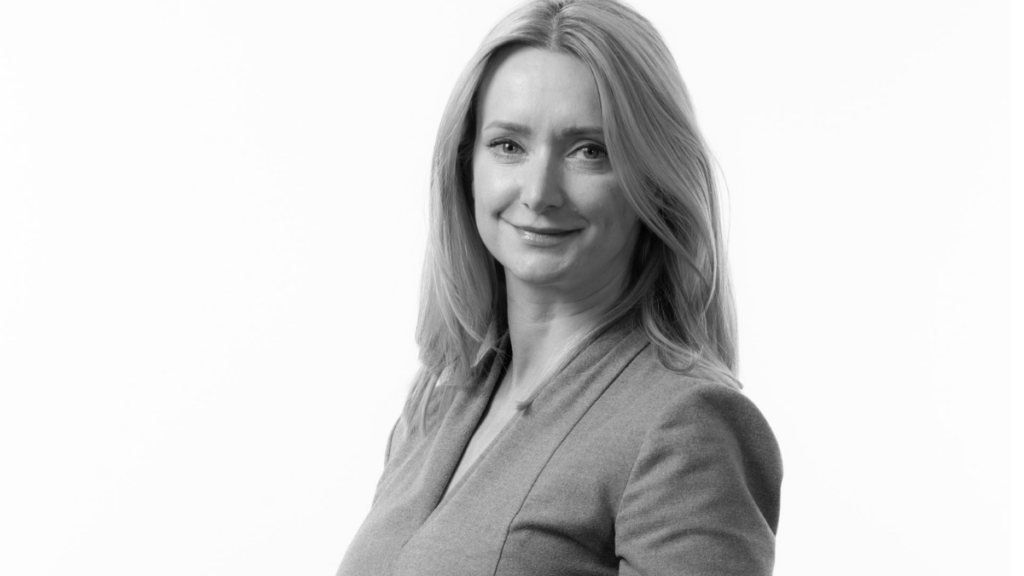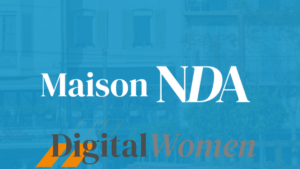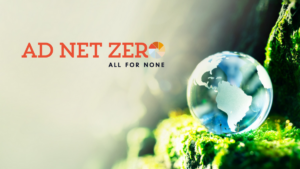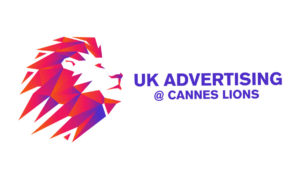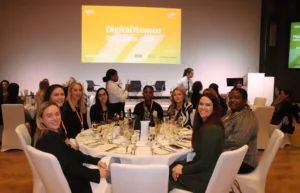By Sarah Treliving, Chief Data Digital & Tech Officer at Goodstuff
Over the duration of my career, visits to technology conferences have consistently left me feeling like the odd one out. Numerous exhibit stand reps have directed the answers to my questions to my male companions, who are not in tech, thinking I must be the assistant or interpreter, incredulous that I could be the originator of a technical question.
Another, more trivial but telling indicator of gender representation – the lavatories! At conferences, as with nightclubs, toilets can also reflect the imbalance, with only one ladies’ loo in a 1 million sq. ft venue vs one on every corner for the gents, at one. Even with only one women’s loo, the queues were non-existent!
Cannes, however, seems to be the festival vocally and actively driving the charge to where conferences and festivals need to go in all areas of diversity.
One example of this is the flood of tech companies at Cannes. This year, they felt more diverse than ever before, more grown up and less pompous, with a greater spread of successful and sustainable companies. Fewer start-ups with first-round funding handing out leaflets on moored yachts, with more representation from companies in profit and with proven propositions. TEADs, Samba TV, and Innovid were all present, with experts and agendas to discuss the latest product initiatives and category issues, rather than direct sales and talks on topics tangential to core business.
Undoubtedly, the tech giants claimed dominant positions outside the Palais, which is not counter to creativity in my view. With greater awareness and understanding amongst middle-aged media execs ( including myself) of the tech that consumers spend time with, comes a better output in media for younger generations and therefore advertisers.
AI was still largely being pitched as the enemy of creativity, so the best thing I heard was the response to the leading question, “What do you think is the biggest threat to our industry?” the answer given was “Creatives not being creative,” so not really about AI at all. Or was it? Jonathan Johnson-Griffin, VP of Creative Brand Studio at Google, continued by saying that you could call AI “artificial intelligence,” or we could talk about “audacious inspiration,” which is an extremely helpful way to think about artificial intelligence.
AI brings together more influences and information than ever before. The content it draws from reflects collective opinions, thoughts, and facts. It is an unlimited and unrestrained research panel thinking with feet and fingers rather than influences imposed by the artifices of a focus group.
Even the glitches in this early AI, such as the hilarious inability to get human hands correct, could be an inspiration for ideas formed by stretching, bending, and turning upside-down what is the usual, expected, or “normal.” AI is propelling the diversity of thought, which is key to creativity, allowing representation of the widest range of perspectives.
From a broader perspective, on stage, there was the ongoing conversation about the festival’s carbon impact from people flying from all over the world. Most tech companies are now mindful of reducing international business travel, which the festival can also facilitate. Where once the largely Silicon Valley-based tech company global HQs facilitated trips across the Atlantic to meet product leaders, they are now in Cannes on la Croisette. A handful of tech leaders travelling once a year to Europe, versus ten agency folks visiting each company in North America separately, happily equals fewer air miles and impact.
Overall, it was outwardly the most diverse Cannes yet, however, the festival, and the industry as a whole still has a way to go, as witnessed by the sea of linen at Spotify’s Foo Fighters concert.
Whilst some of the clichés remain, and Foo Fighters and Florence aside, the parties were scaled back, but also more exclusive as a result, leaving fewer opportunities to see old faces and meet new ones in an informal setting. It seems that Cannes is becoming less elitist in some ways and more in others.


